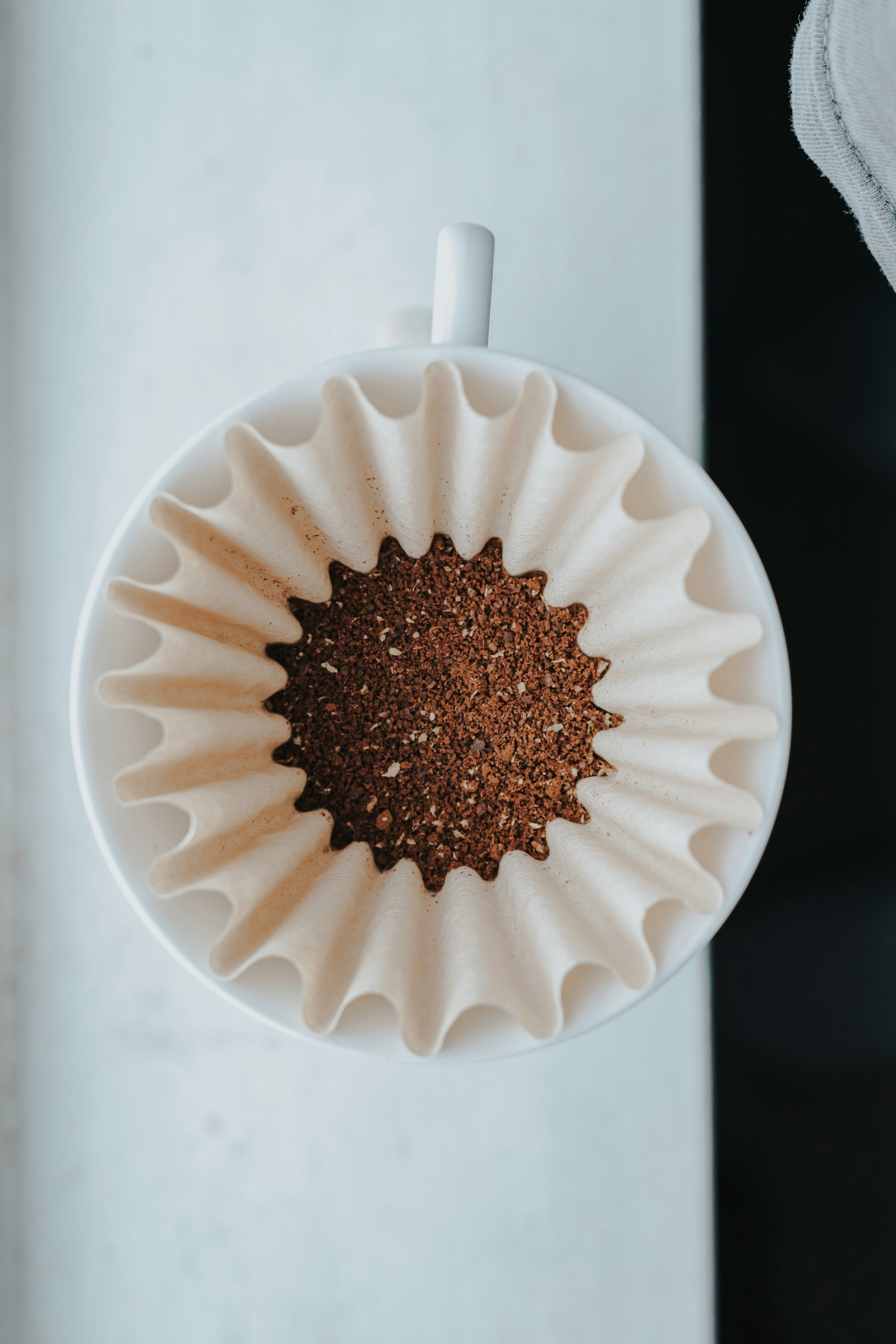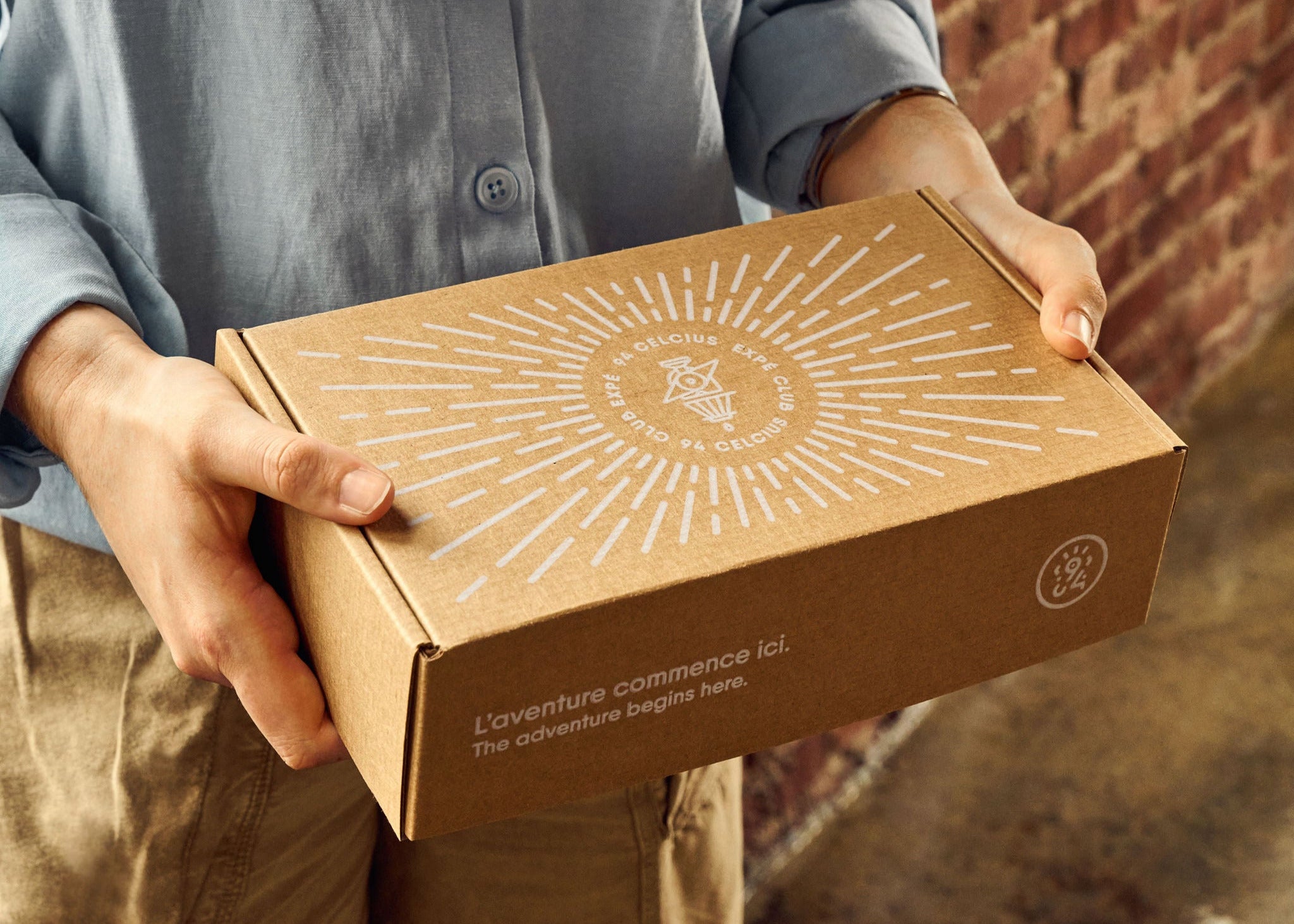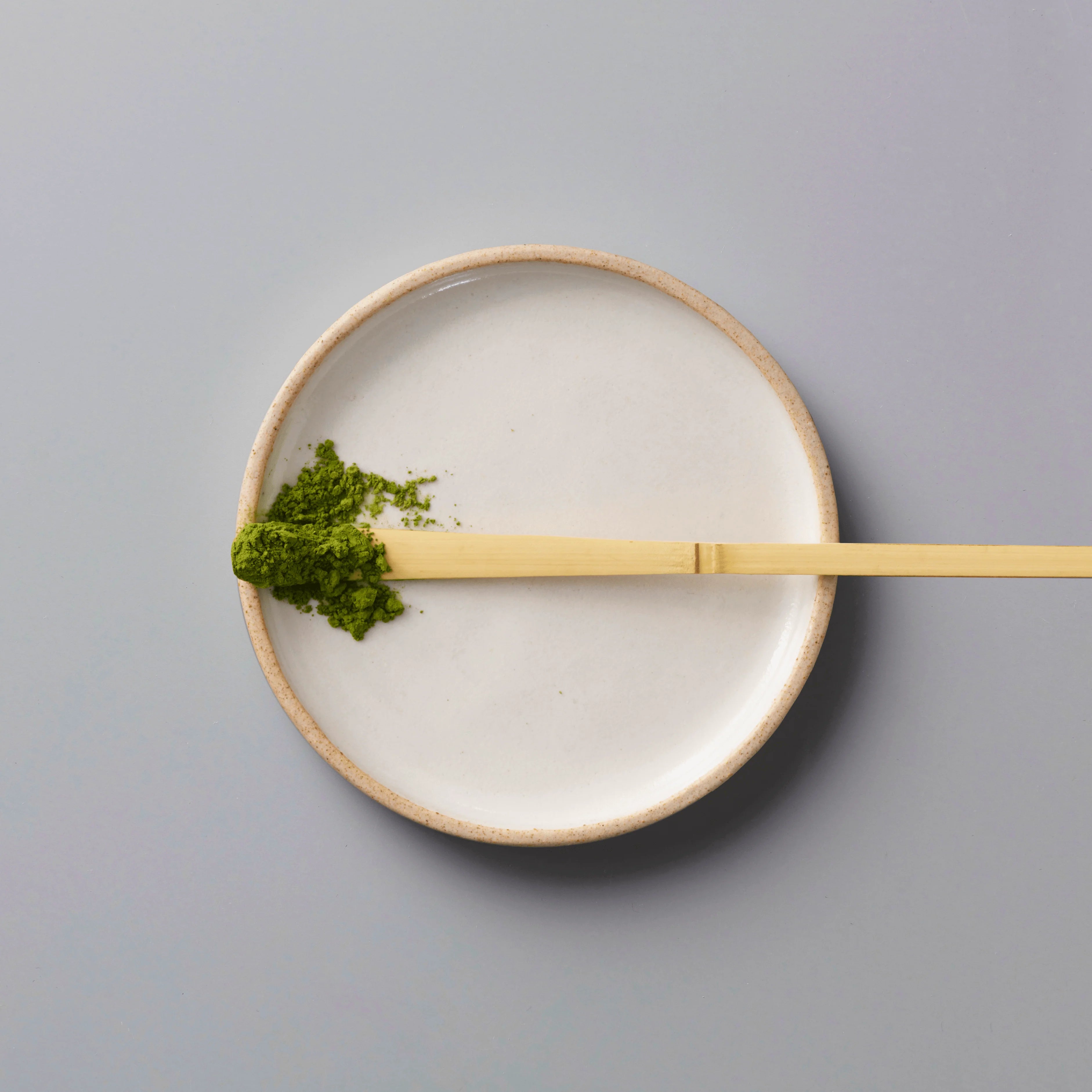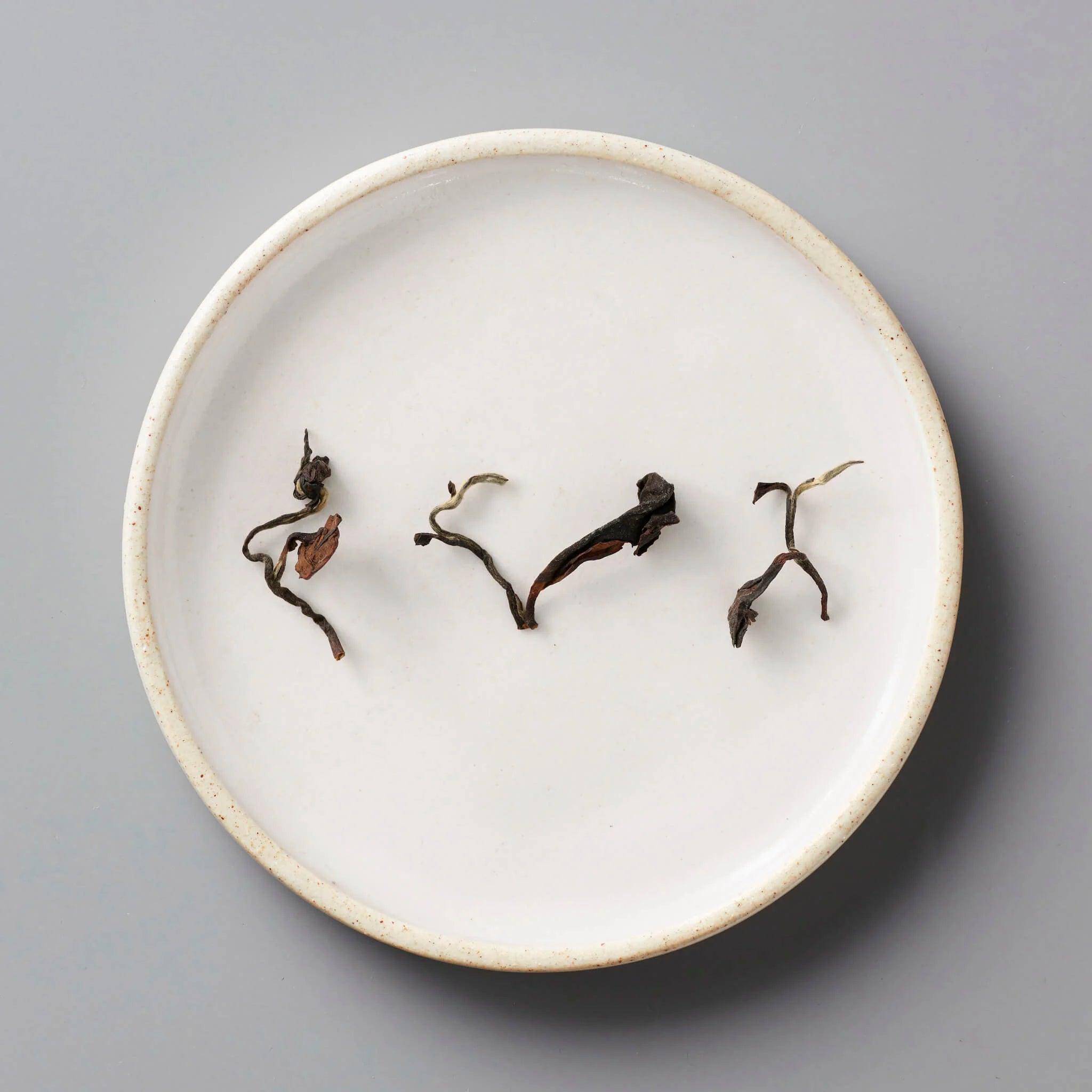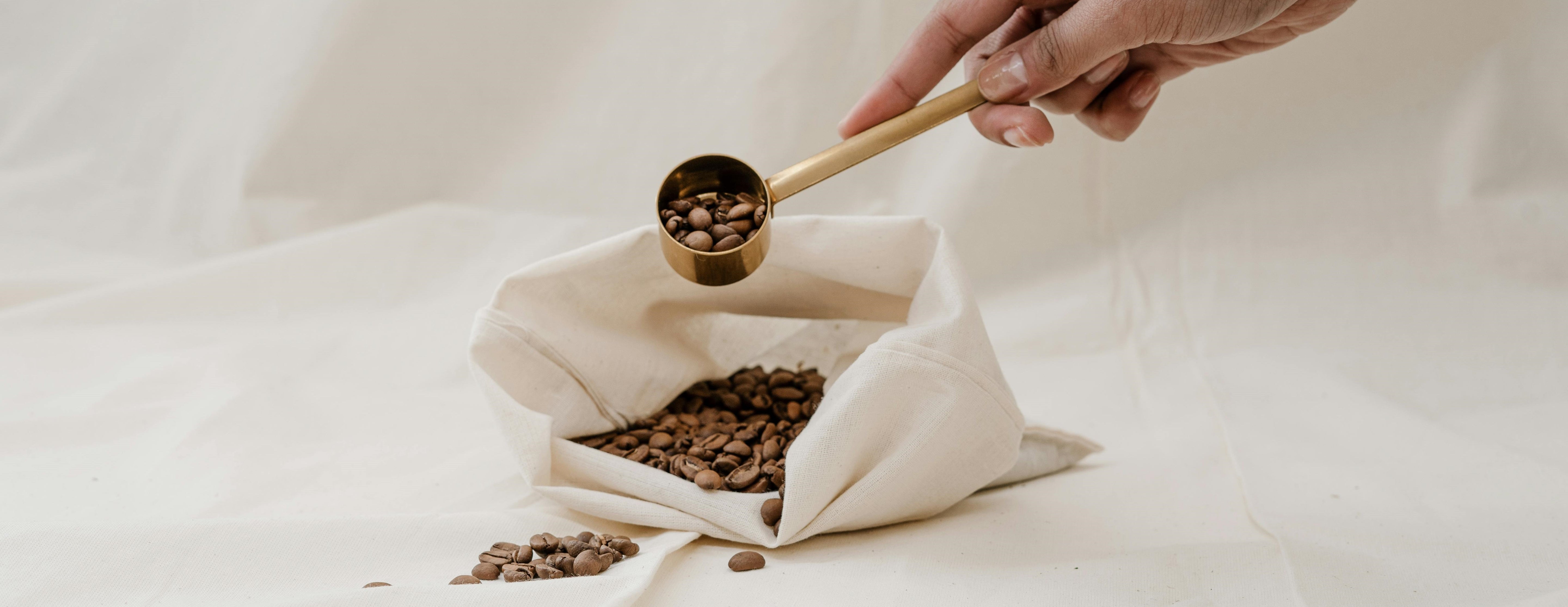You've just received your precious bag of 94 Celcius coffee and you've got a lot of questions?
Our "Getting started in the world of coffee" series is here to help you take your first steps into the world of specialty coffee. We'll be covering topics such as storage,extraction and the basics of roasting, among others.
Welcome, and please don't hesitate to ask us your questions!
Coffee beans are a must-have for lovers of quality coffee. Whether you're an expert or just an enthusiast, choosing the best coffee beans can greatly enhance your taste experience. However, to take full advantage of all its aromas, it's essential to know how to store coffee properly.
In this article, we take a look at different ways to preserve your coffee so that it stays fresh and tasty for as long as possible.
Why Coffee Storage is Crucial
If you're not a big coffee drinker (for example, your bag of beans isn't finished in two weeks), if you like to vary the pleasures by alternating between different types of coffee (with 3 or 4 bags open at the same time), or if you occasionally enjoy a decaf (leaving your bag open for more than two months), it's important to store your coffee beans properly.
Coffee beans are sensitive to several factors: air, light, heat and humidity. Without proper storage, your precious beans risk losing their unique aromas, altering the intensity and quality of your beverage.

